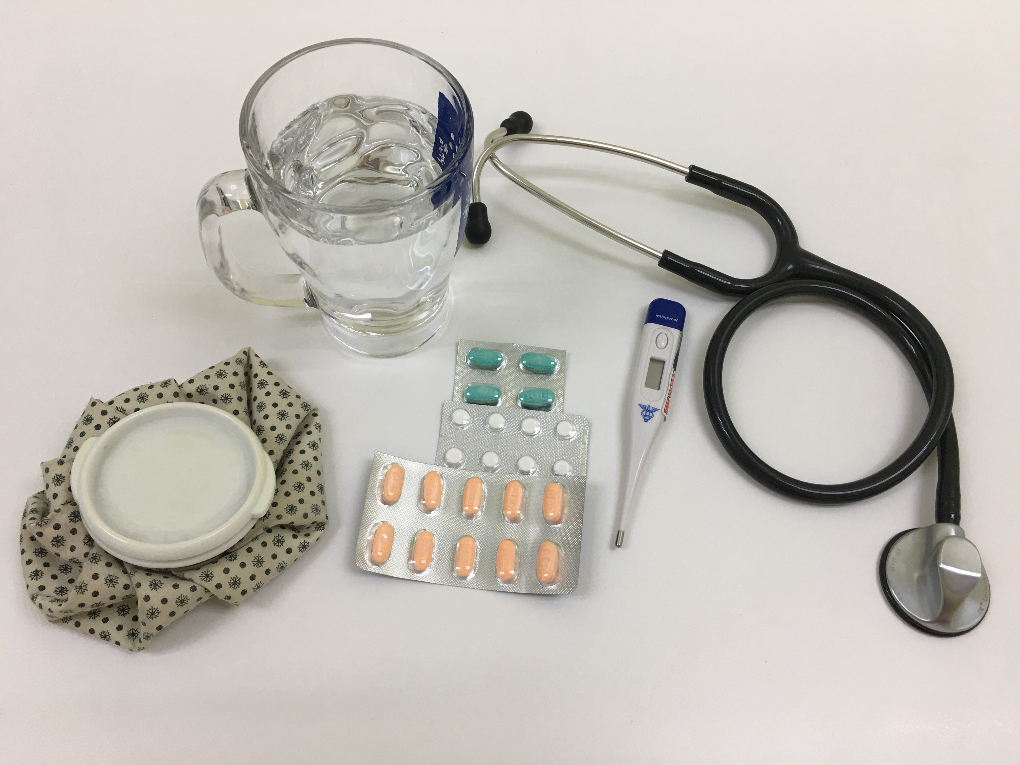When an unplanned pregnancy comes your way and you decide to abort it, you are faced with two types of abortion options. These depend on your stage of pregnancy and differ in their methods. Let’s get to know them better.
Medical Abortion
If you are less than 7 weeks pregnant, you can undergo a medical abortion. In a medical abortion, the pregnancy is terminated with the help of pills and medications. While this is a non-surgical procedure, you will need to consult a gynaecologist to supervise it. Here’s a breakdown of the medications.
Before you start, your gynaecologist will confirm that you are pregnant with a pregnancy test and will confirm that the pregnancy is in the uterus with an ultrasound. First, you will need to take one pill of mifepristone which will soften cervix, which is the entrance to the uterus and help to dilate it. This helps in expelling the pregnancy. After 1-2 days, you will be given four pills of a prostaglandin called misoprostol which will give you strong period-like cramps and bleeding which will expel the pregnancy. The first day will be heavy bleeding, then should taper off over a week or so.
Once the bleeding has stopped, you will need to return to the doctor to check for complete evacuation of the embryo. Visiting the doctor is crucial because if the pregnancy is not completely removed, it can still be developing, or cause continuous bleeding, or can lead to infection and sepsis.
Side effects: The prostaglandin pill may cause specific side effects like excessive bleeding, headaches, nausea, fever and abdominal cramps. Visit your doctor immediately if your bleeding is too heavy and you soak more than two sanitary napkins in two hours, have severe cramps, are vomiting or have a high fever. These side effects stop after the pill’s effect wears off after 6 hours.
Precautions: If you are on blood thinners like asprin, you will need to stop taking the medicines during the procedure. You should also stay away from alcohol.
Surgical Abortion
If you are beyond 7 weeks pregnant, you will need a surgical abortion to terminate the pregnancy. Surgical abortion is always done at a clinic and is also called suction evacuation or dilation and curettage (D&C).
When performed in the first trimester (within 12 weeks of pregnancy), it is also called a suction aspiration abortion. This involves special dilators to open the cervix and subsequent suction of the fetal tissue.
Later-term surgical abortion involves a longer procedure performed under general anaesthesia. Sometimes, medications are used before to soften and open the cervix. The cervix is further dilated and surgical instruments are also used to remove the pregnancy. The area is then surgically cleaned before you are moved to the post-operative area. After the procedure, you may require a short course of antibiotics.
Side effects: The instruments and suction placed in the vagina pose a small risk of uterine tear and cervical injury. You could also get an infection after the procedure which can be treated with antibiotics. Other side effects include bleeding, headache and nausea. Take these symptoms seriously and report to the doctor immediately. To prevent some of these effects, some doctors prefer to give abortion pills a few hours before so that the bleeding starts, the cervix opens up and the surgical side effects are minimized.
Remember, terminating an accidental pregnancy is safe and legal under 20 weeks (24 weeks in exceptional cases). While the decision to terminate a pregnancy is totally under your control, do not ever resort to self-medicating. Always visit your trusted doctor to carry out the procedure. If you are being coerced to terminate a pregnancy or need to talk to someone about your decision, Veera has mental health specialists that can help you with your decision.
Stay informed, Veera ladies!



















